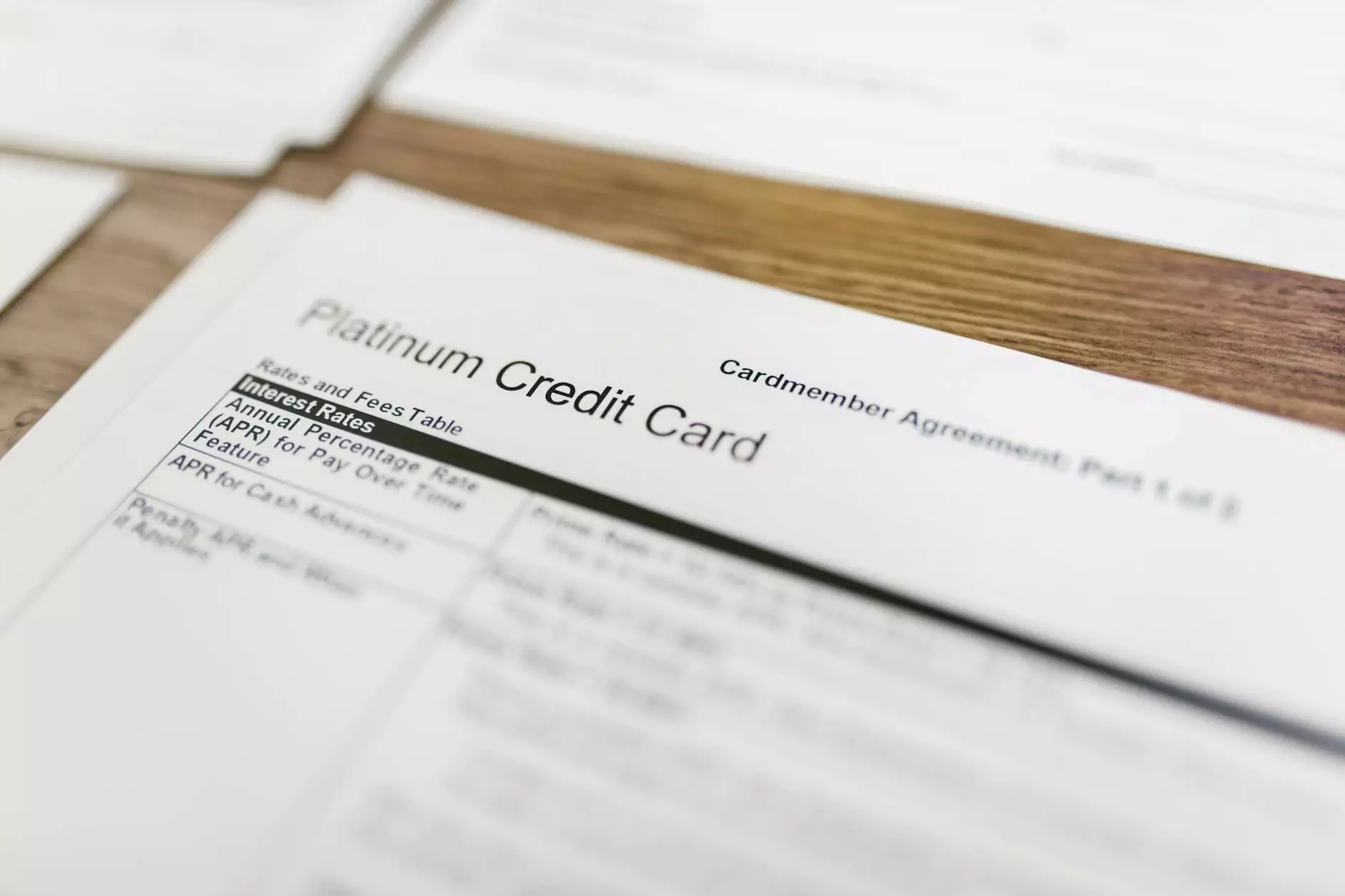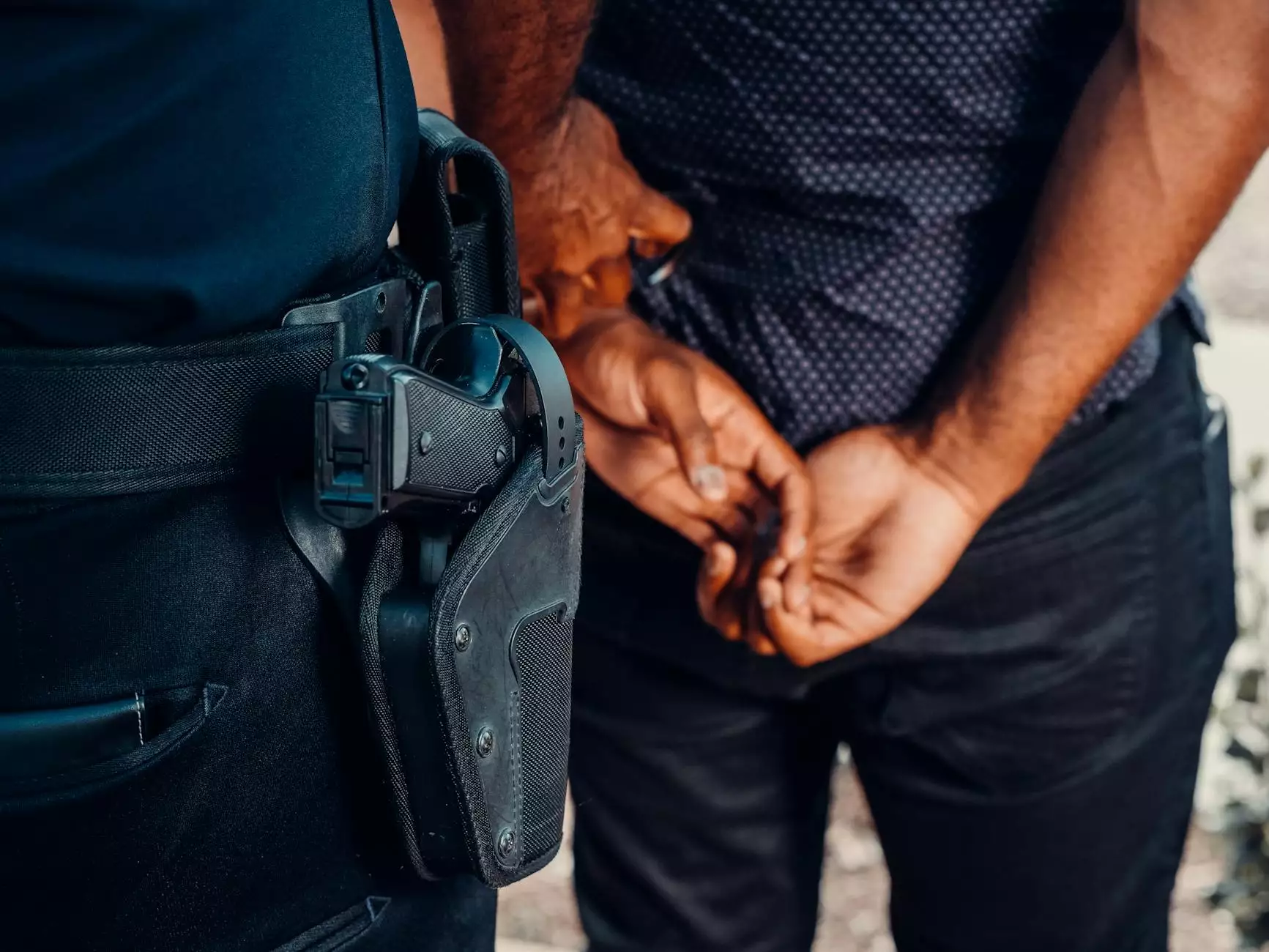Understanding the Business of Fake Certificates

In today’s fast-paced world, the demand for certifications continues to rise, driving an interesting yet challenging niche in the business landscape: the production and sale of fake certificates. While this practice is often intertwined with controversy, understanding its implications is crucial for business owners, professionals, and individuals navigating this complex environment.
What Are Fake Certificates?
Fake certificates are documents that mimic the appearance and information of genuine certificates but are created without official authorization. These certificates can range from academic diplomas to professional licenses and can be used for various purposes. Understanding the nature of these documents and their context is essential for anyone involved in the business.
The Rising Demand for Certifications
The global economy is shifting toward an increasingly credential-driven culture. As a result, individuals seek to enhance their qualifications to secure better job prospects, leading to heightened demand for certificates. Consequently, there exists a market for alternatives, including fake certificates. Here are some driving factors behind this trend:
- Enhanced Job Opportunities: Individuals often feel pressured to obtain certifications to meet job requirements.
- Access to Education: Some people may lack the resources or time to pursue formal education.
- Career Change: Professionals looking to change careers may seek certifications in new fields.
Legal and Ethical Considerations
While the allure of obtaining a fake certificate might seem tempting for some, it's crucial to acknowledge the legal and ethical ramifications associated with this choice. Using or selling counterfeit documents can lead to severe penalties, including:
- Legal Consequences: Many jurisdictions treat the creation and use of false documents as criminal offenses.
- Loss of Reputation: Discovery of fraudulent activities can tarnish personal and professional reputations.
- Financial Penalties: Fines can be substantial, affecting both individuals and businesses.
The Niche Market of Fake Documents
The fake documents market encompasses a variety of products, from ID cards to business licenses. Here’s a closer look at some of the most commonly sought-after items:
- Academic Credentials: Fake diplomas, transcripts, and degrees.
- Business Licensing: Permits, registrations, and corporate documents.
- Identification Documents: Fake IDs, passports, and driver’s licenses.
How to Safely Approach the Niche of Fake Certificates
For businesses considering entering the niche of fake certificates, it’s essential to approach this market with caution. Here are best practices for responsibly navigating this industry:
- Research Legal Boundaries: Understand the laws and regulations governing the creation and use of documents in your jurisdiction.
- Offer Alternative Solutions: Consider providing legitimate services that help people enhance their qualifications, such as tutoring or legitimate training programs.
- Maintain Transparency: If selling certificates, clarify their intended use and the non-legitimate nature of the documents.
The Role of Technology in the Production of Fake Documents
Technology plays a pivotal role in the existence and distribution of fake documents. The proliferation of graphic design applications, high-quality printers, and online marketplaces has made it easier for individuals to produce and acquire counterfeit documents. This evolving technology landscape raises ethical questions and concerns regarding the ease of creating convincing fake certificates.
Graphic Design Tools
Graphic design tools such as Adobe Photoshop and Illustrator enable users to create high-quality reproductions of official certificates. With the right skills, individuals can produce documents that look remarkably authentic.
Online Marketplaces
The internet has created platforms where these certificates can be bought and sold discreetly. This anonymity often leads to a lack of oversight and regulation, further complicating the issue.
Evaluating the Impact of Fake Certificates on Industries
The proliferation of fake certificates affects various sectors including education, healthcare, and even finance. Here’s how:
1. Education Sector
Fake academic certificates can undermine the value of genuine educational credentials. Institutions face challenges in validating the legitimacy of student qualifications, leading to potential employment issues for graduates.
2. Healthcare Industry
In the healthcare field, the use of counterfeit medical licenses poses a serious risk to public safety. Fraudulent practitioners may lack the necessary training, resulting in dire consequences for patients.
3. Corporate Sector
Employers risk associating with individuals who have misrepresented their qualifications, potentially harming their organizational integrity and reputation.
Exploring the Future of the Fake Certificate Business
As we move further into the digital age, the conversation surrounding fake certificates will continue to evolve. Trends such as blockchain technology and digital verification systems may soon alter the landscape, creating new methods for verifying legitimate documents, thereby making it even harder for fake certificates to circulate.
Conclusion
While the world of fake certificates presents a fascinating business niche, it is fraught with complexities, legal challenges, and ethical dilemmas. As the demand for qualifications escalates, so too does the moral responsibility of both individuals and businesses. Enterprises like highteclab.com, which explore these themes, can contribute to a more informed, aware audience, steering discussions towards transparency and integrity in business practices.
Ultimately, understanding the implications of this trend will allow all stakeholders to make well-informed choices, aligning their practices with legal and ethical standards while acknowledging the demand for genuine qualifications in an ever-competitive world.
make fake certificate








